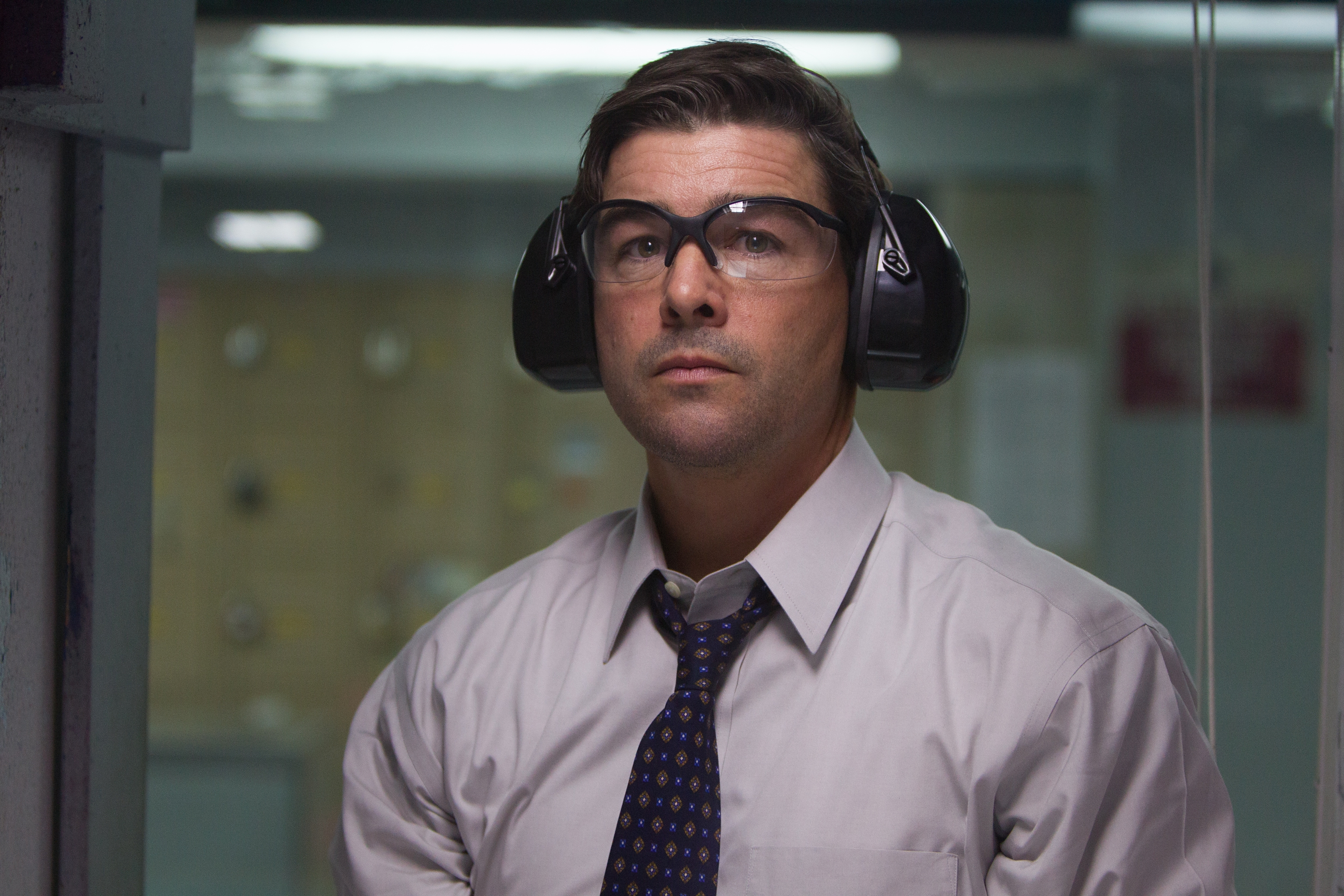
The Rise of Jordan Belfort

In the late 1980s and early 1990s, the financial world witnessed the meteoric rise and subsequent fall of one of Wall Street's most notorious figures, Jordan Belfort. Belfort's life and exploits were later immortalized in the blockbuster movie "The Wolf of Wall Street," directed by Martin Scorsese and starring Leonardo DiCaprio. This film brought to light the excesses, debauchery, and unscrupulous practices that were rampant in the world of finance during that era.
Born in Queens, New York, in 1962, Jordan Belfort initially pursued a career as a dentist. However, after realizing his true passion lay in the world of finance, he transitioned into the stockbroking industry. Belfort quickly found success, establishing his own firm, Stratton Oakmont, which specialized in penny stocks.
As Stratton Oakmont gained momentum, Belfort's wealth and influence grew exponentially. He embraced a lifestyle of opulence, indulging in luxury cars, yachts, mansions, and extravagant parties. Belfort's charisma and ability to manipulate others made him a formidable force on Wall Street.
However, beneath the glitz and glamour, Belfort and his colleagues engaged in a range of illegal activities. They employed aggressive sales tactics, manipulated stock prices, and defrauded investors out of millions of dollars. This fraudulent behavior eventually attracted the attention of the FBI and SEC.
The downfall of Jordan Belfort came in 1998 when he was arrested and charged with securities fraud and money laundering. He pleaded guilty and cooperated with the authorities, resulting in a reduced sentence of four years in prison. Belfort also agreed to pay back a substantial portion of the money he had illegally obtained.
The Impact of "The Wolf of Wall Street"

The release of "The Wolf of Wall Street" in 2013 brought renewed attention to the outrageous antics and unethical practices of Jordan Belfort and his associates. The film offered a scathing critique of the excessive greed and unchecked power that permeated the financial industry during that era.
While some criticized the movie for glorifying Belfort's actions, others saw it as a cautionary tale, highlighting the dangers of unchecked ambition and the corrupting influence of wealth. It sparked discussions about the need for stricter regulations and ethical standards within the financial sector.
The film also propelled Leonardo DiCaprio's career to new heights, earning him critical acclaim and an Academy Award nomination for his portrayal of Jordan Belfort. DiCaprio's charismatic performance captured the larger-than-life persona of Belfort, making the character both captivating and repulsive to audiences.
The Legacy of Jordan Belfort

Following his release from prison, Jordan Belfort turned his life around and became a motivational speaker. He aimed to educate others about the perils of his former lifestyle and to teach valuable lessons about integrity and ethics in business.
Belfort's story serves as a cautionary tale and a reminder that the pursuit of wealth and success should not come at the expense of morality and legality. His experiences shed light on the darker side of capitalism and the potential consequences of unbridled ambition.
While Jordan Belfort's actions were undeniably reprehensible, they also exposed systemic flaws within the financial industry. The Wolf of Wall Street continues to serve as a reminder of the need for transparency, accountability, and ethical behavior in the world of finance.